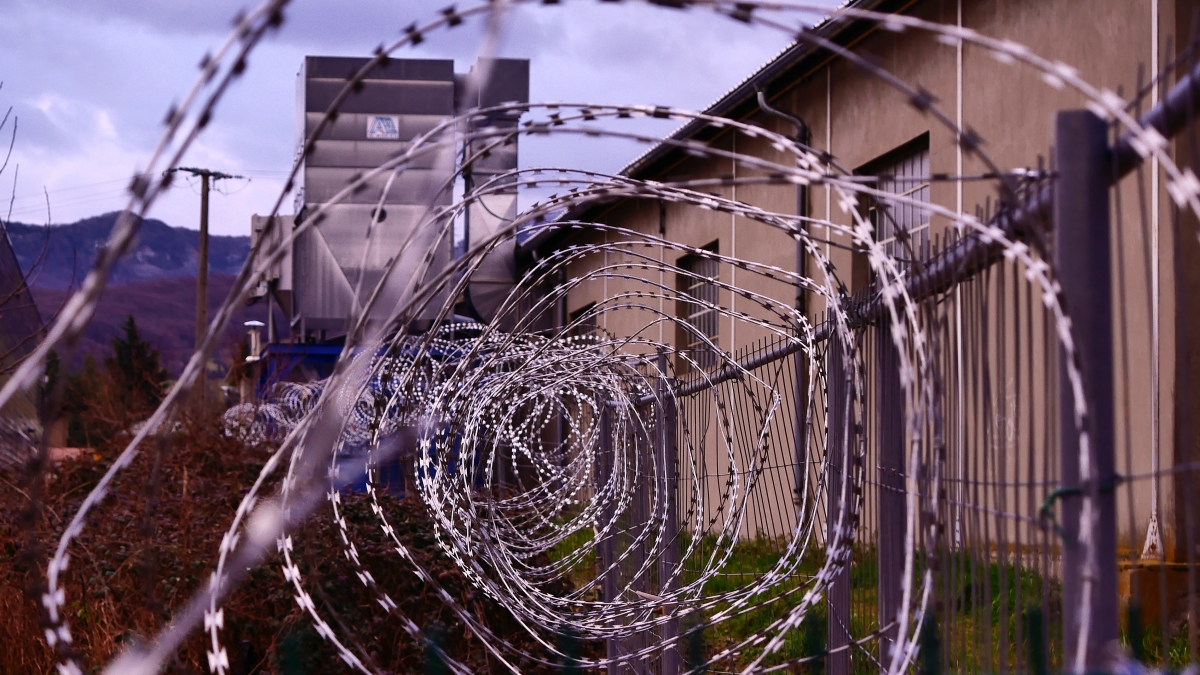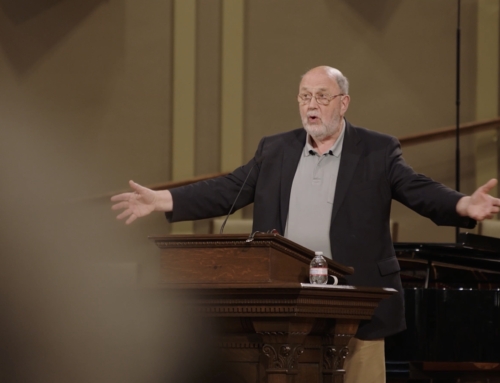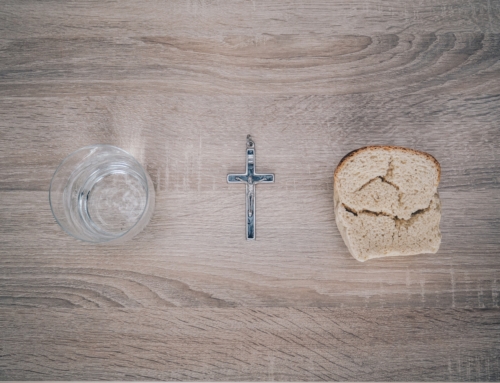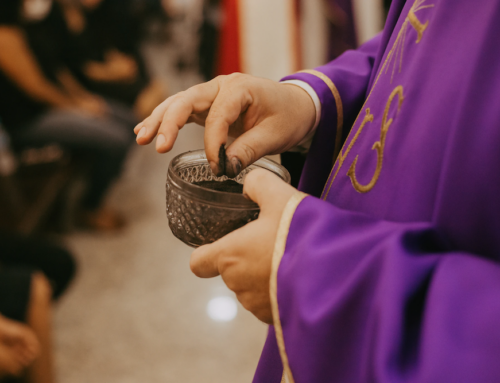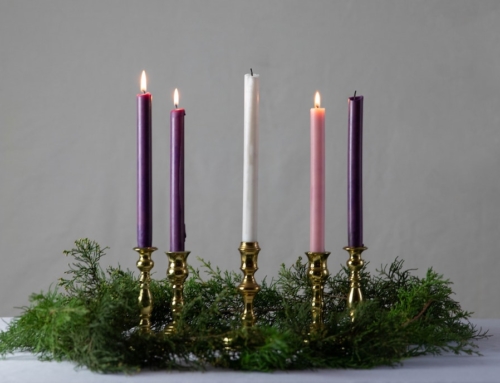Have you been invited to pray for people you have never met, or circumstances about which you know very little?
Recently, a man whom I visit in prison emailed me and asked that I pray for the chapel there—for the church that gathers behind the well-guarded walls of a maximum-security prison. I did not know the issues behind his prayer request, but I did pray. Yet, my prayers somehow felt lacking.
In my Western culture and context of ‘information overload’ I sometimes find it challenging to pray without being more informed. How will I know what to pray if I don’t know what’s going on? Not only that, but I had not deeply considered how I might meaningfully pray for people who are incarcerated. What do I say, Lord?
It occurred to me that the Apostle Paul corresponded with and consistently prayed for a group of believers in a town called Colossae, whom he had never met in person. He had much to say to this group compared to my confusion and the brevity of my prayers for the men gathered in the prison chapel.
What Lies Behind Our Gates?
Prof. N.T. Wright suggests that Paul’s Epistle to the Colossians was written to give pastoral help and teaching to a new and endangered little community of believers in Jesus. This fledgling group of new believers faced hostility from their neighbors. This prompted me to consider the hostility that incarcerated believers encounter today, both inside and outside the electrified fences and locked gates. What hostility might be lurking in the shadows of my own heart?
The Apostle Paul was praying ‘because we’ve heard of your faith in King Jesus and the love you have for all God’s holy people because of the hope which is kept safe for you in the heavenly places’ (Colossians 1:4-5, KNT).
I reflected on Prof. Wright’s teaching that the Jewish idea of something being ‘kept safe in heaven’ connotes God safely storing his future purposes until the day when his plans are fully revealed. Our ultimate hope is currently being kept safe in the heavenly places, waiting for the day when it is fully and finally put on public display.
This is the hope Paul sets before the Colossians: We are the people who are going to inherit the world of new creation.
This ever-present hope of the Gospel is something about which we can pray. Indeed, one of the lasting themes of Colossians is that by the prayers of faithful people, God’s work moves forward. Even, and perhaps especially, in prison.
Praying for Prisoners
I am learning to maintain the mystery of prayerful practices, without having a firm grip on ‘how it works’. We pray and trust that the work goes ahead not by might or by power but by God’s Spirit (Zech 4:6). God is the one who opens the doors. Sometimes literally.
In order to leave the visitor’s building within the prison complex I must exit through four locked doors and two fenced gates. It requires a short walk outside, in-between buildings, where I immediately notice the coiled razor wire atop the electrified fence and the guard’s tower at the perimeter, the signs that warn me to stay on the path.
During a recent nighttime visit a severe thunderstorm brought heavy sheets of rain, driving wind, and cloud to ground lightning. I had to walk quickly and resist the urge to run in the prison yard. I was immediately drenched from head to toe and my hair stuck to my face like glue. I struggled to reach the first locked gate and reached to depress the red button, which signals the guards inside to open the gate and ‘buzz’ me in. I was needlessly worried about finding the button in the dark, and perhaps more worried that I would have to wait more than a few seconds in the brutal winds and rain.
As I arrived at the first gate, I heard the buzzing before I had pressed the button. All I had to do was push the handle and walk through. The same thing happened with the second gate. It was then I realized that the prison guards must have been watching me on the cameras and preparing the gates to open just as I arrived.
Walking Through the Doors Available
I find that God often does the same thing. He has his eye on me, even though I cannot quite see where he is. He sees me. He sees you. And, he knows exactly what we need and what doors need to be opened (and the ones that need to remain closed). God is also the one who ‘buzzes’ the gates for the Gospel to move forward. As we pray and step out in faith, we walk through the doors God opens in order to carry the message of hope to the world.
Does this mean every situation is easy, problem-free, and without doors that remain closed for what seems like an eternity? Of course not, but I trust he is preparing the way for me, and more importantly, preparing the way for the Gospel. During those times when we are waiting for the gates to open, may we be encouraged by the Spirit to remain steadfast and courageous because of the hope that is kept safe for us.
May we continue to pray to God, who made himself known in Jesus Christ, and of the biblical vision about which Prof. Wright teaches: The whole creation being renewed, and of human beings who have followed Jesus being raised from the dead to share in that new creation.
Jennifer Loop
Latest posts by Jennifer Loop (see all)
- Why You Need Lent: Two Perspectives - February 22, 2023
- How (Not) To Understand a Parable - October 20, 2022
- What People are Saying About ‘Ethnicity, Justice and the People of God’ - February 10, 2022


